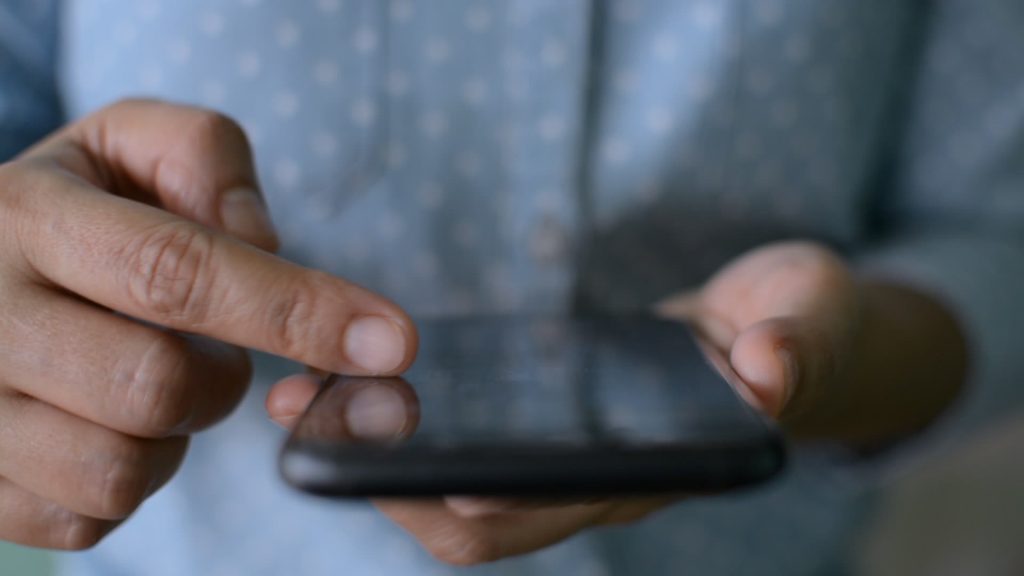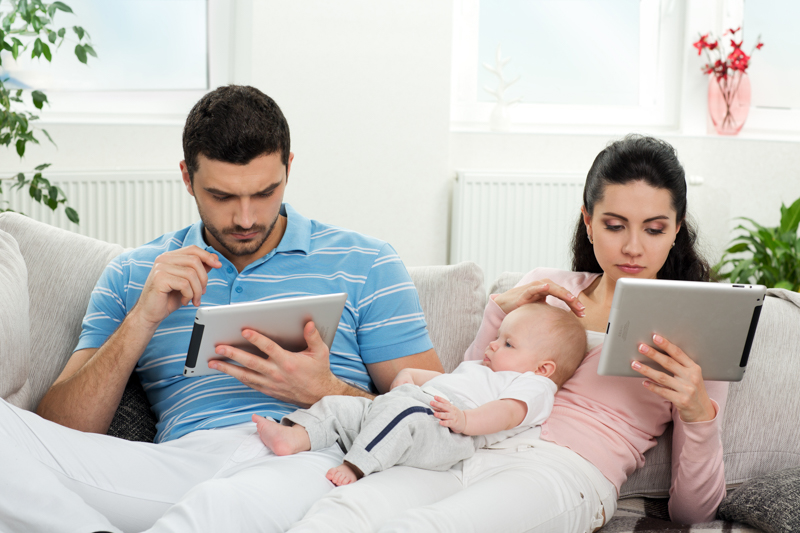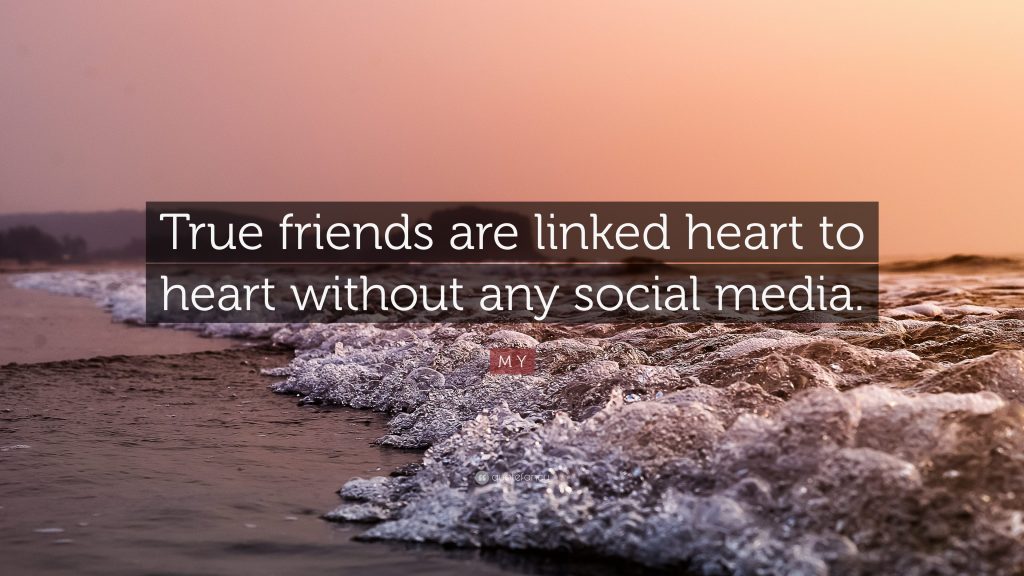
Last week, an interesting article about spuddling in technology caught my attention and sparked my interest to explore this term and its connection to social media. The dictionary defines spuddling as an ineffective movement or phenomenon characterized by great effort but minimal result. In this technology-driven age, social media platforms have become a significant source of people’s engagement and connection. These numerous social sites offer them the chance to stay connected at all times. This constant availability reinforces their belief that they are now more interconnected than ever. People invested their time and energy in using these digital portals and social media platforms to maintain relationships. Yet, paradoxically, the feeling of detachment and isolation from the real world overpowered them. This could be referred to as technological or social media spuddling.
However, the role of social media extends beyond creating and maintaining relationships. It has also become a source of addiction, with individuals mindlessly scrolling through their feeds. The ‘lost in scroll’ state is just one notification away on a mobile or gadget screen, and it’s a slippery slope from that point onward. The key point to observe is the consequences and impact of this addiction, which we’ll explore in this blog article.
An illusion of connectivity
Social media scrolling gives a feeling of participation and involvement to individuals. Visiting and scrolling through profiles on Facebook, Instagram, and other social networking sites gives people a sense of connectivity and a feeling of participation in their friends’ and digital connections’ lives. Viewing news feeds and updates and liking and commenting on their posts and pictures can create a misleading sense of closeness and strong connections. Despite these social media activities, these interactions often lack emotional depth and genuineness.
Genuine friendships and bonds thrive on meetups and efforts to see one another in person. Face-to-face meetings, spending quality time together, and engaging in meaningful conversations are essential ingredients for a healthy relationship. Unfortunately, these key components are presently replaced with passive online engagement, such as likes, aimless scrolling, and superficial expressions of genuine emotions. For example, offering condolences privately or in person during a moment of grief is now often replaced by a “Rest in Peace” or “RIP” post on Facebook or Instagram. Graff (2019) discovers in her study that posting condolence messages on social media is not particularly helpful, as people consider messages like “sorry for your loss” or “RIP” to be pointless and irritating. Instead, they prefer physical interactions in sensitive situations over digital ones.
Similarly, another study measuring the impact of excessive social media use on relationships reveals that it can undermine genuine connections in real life. People have become addicted to aimlessly scrolling through social media, sending likes, emojis, and posting comments and videos to maintain relevance and connection with their online contacts ( The ESTD, 2024). A quick like or immediate reaction to a post may seem like an active bond or engagement, but it fails to cultivate genuine emotions and authenticity in a relationship.

Distraction over attention
The distraction and diversion of attention from real-life connections are additional damaging aspects of social media spuddling. For instance, imagine a group of friends sitting in a coffee shop, some of whom are busy scrolling through their social media while conversing with one another. Despite being physically present at that moment, their divided attention reduces the quality of the interaction. This fragmented behaviour triggers a lack of concentration and attention deficit. It also affects the ability to engage deeply, listen attentively, and be emotionally available.
Furthermore, social media spuddling replaces one-on-one interactions and personal meetings with group chats, meme sharing and short-term connections, which consequently leads to detachment and short-lived bonds. Authentic relationships flourish through meaningful discussions and frequent physical encounters, which are sadly overshadowed by brief and fragmented conversations in the social media world.

Emotional Detachment and Social isolation
Despite promising global connectivity and social bonding, the internet often breeds social isolation and emotional detachment. The replacement of genuine connections and familial bonds with digital spuddling replaces the empathy and warmth of relationships. It cultivates the feeling of self-centeredness and emotional detachment from the real world.
I recently had the opportunity to speak with an influencer who has 3,000 Facebook friends and 1 million followers on Instagram. She shared that she received dozens of birthday wishes on her social media, but none of her friends showed up in person to spend time with her on her special day. Authentic relationships require emotional presence, trust, loyalty, and sometimes vulnerability. “Screen-centric bonds” are often deprived of these qualities. Sometimes, a person needs a physical presence, touch, and undivided attention in a bond, which is almost extinct in the social media world. This entire cascade of social media has changed the psychographics of friendships and familial bonds. (LifeBonder, 2025)
Reclaim or Rebuilt Meaningful Connections
Before addressing solutions and strategies to cope with social media spuddling, identifying patterns and signs is necessary. Observe your behavior and the time you spend on social media. Ask yourself: how often do you check your phone aimlessly in social gatherings? What are your preferences in relationships and efforts to sustain them? Social media is essential, but it shouldn’t replace real-life connections. Multitasking on the phone, frequent checking, and phone anxiety can impact your habits. Monitoring your daily screen time may also become a routine. These self-analytical questions help you recognize your spuddling habit and identification patterns.
Helpful Tips or Coping Strategies
- Limit screen time and set boundaries to prevent mindless scrolling from consuming valuable time.
- Prioritize face-to-face interactions over digital communication and try to meet friends in person to develop lifelong bonds.
- Be present at friends’ gatherings, both physically and mentally, with undivided attention. This is the most effective strategy for strengthening bonds and nurturing a connection.
- Strengthen bonds through shared activities and common interests, such as hiking, traveling, volunteering, or sports groups.
Final Remarks
Social media is essential, but it shouldn’t replace real-life connections. Online conversations are helpful, but they cannot replace the emotional satisfaction that comes from a personal relationship. Acknowledging social media risks and prioritizing meaningful interactions ensures lasting, genuine connections. Therefore, keep in mind that true friendships are formed and flourish when people genuinely spend quality time together.
Remember!!!

References
- https://www.dailymail.co.uk/health/article-7241649/Posting-condolences-social-media-NOT-helpful-survey-finds.html?ito=social-facebook
- https://www.theestablished.com/self/health/can-an-overuse-of-social-media-sabotage-your-relationship-2
- https://lifebonder.com/blog/2025/02/14/digital-love-evolution/


